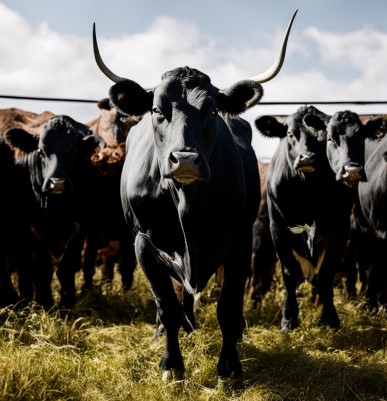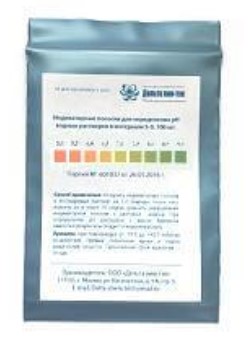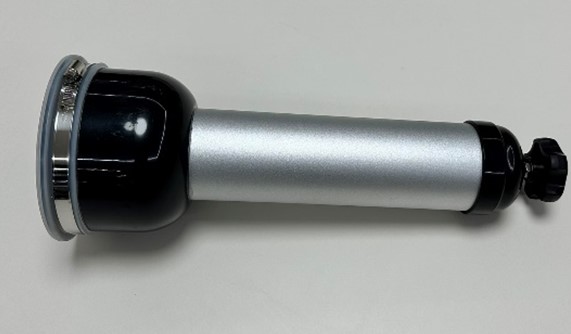New case of blowfly infestation in cattle in Mexico: details and consequences

Mexico's Ministry of Agriculture has confirmed this is the second case of infection in Nuevo León in the past two weeks. Authorities emphasize that strict control measures and mandatory treatment have contained the spread of the parasite. However, the situation remains tense, as the screwworm can pose a serious threat to livestock health and, consequently, to the country's meat industry.
The screwworm, also known as the blowfly, is a dangerous parasite that can cause significant economic losses in livestock production. It lays eggs in wounds and damaged skin of animals, leading to inflammation and other complications. As a result, animals lose weight, their productivity decreases, and in severe cases, even death can occur.
Despite Mexican authorities' efforts to control the situation, restrictions on the import of Mexican cattle into the United States , imposed in May 2025, continue to put pressure on the country's meat industry. These measures were implemented in response to previous disease outbreaks, making the situation even more challenging for local farmers. Restrictions not only impose financial losses but also threaten agricultural jobs.
In response to current challenges, Mexican farmers and veterinary services must strengthen prevention and control measures. This includes regular livestock health checks, vaccinations, and training farmers in parasite control methods. Furthermore, cooperation with neighboring countries is essential to share experiences and best veterinary practices.
Thus, the current blowfly infestation in Mexico highlights the importance of proactive action by authorities and farmers to protect animal health and ensure the stability of the meat industry. Amid global challenges and economic difficulties, only joint efforts can help address this threat and minimize the impact on the country's economy.



























































